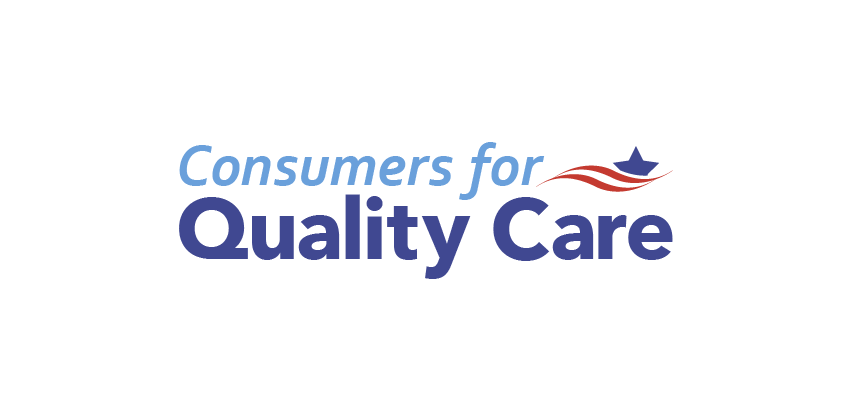Consumers for Quality Care – Mental Health Services Access Letter
By Consumers for Quality Care, on February 18, 2022

Ambassador Susan E. Rice
Domestic Policy Council
Eisenhower Executive Office Building, Room 469
1650 17th St NW
Washington, DC 20502
Secretary Xavier Becerra
U.S. Department of Health and Human Services 200 Independence Avenue, S.W.
Washington, D.C. 20201
Director Brian Deese
National Economic Council
Eisenhower Executive Office Building, Room 235
1650 17th St NW
Washington, DC 20502
Dear Ambassador Rice, Secretary Becerra and Director Deese:
As the COVID-19 pandemic continues to place stress on our health care system and on so many Americans, it is clearer than ever that mental health and substance abuse services are lifelines for people struggling in their day-to-day lives. Yet, many face barriers to care.
Consumers for Quality Care (CQC) is a coalition of advocates, former policy makers and 28 patient and consumer advocacy organizations committed to providing a voice for patients in the health care debate. We are writing to ask that you urge President Biden to include mental health and Americans’ ability to access treatment as a focal point of this year’s State of the Union address and as a major initiative of his administration’s efforts in the coming year.
According to a new federal report, insurers often refuse to cover these essential services, regularly violating laws in place to protect patients. When insurance companies do provide coverage for mental health care, patients often are forced to jump through hoops just to get the preliminary appointment or face limitations on the care they can receive.
Sixty million Americans live with mental health conditions, and nearly half of them go without any treatment despite mental health parity laws. With limited in-network options due to narrow insurance networks and roadblocks put in place by the insurers themselves, patients face an impossible decision: pay costs they can’t afford or go without treatment.
If a patient’s care is covered, the coverage can still be incomplete. Another federal report cited one health plan that excluded methadone and naltrexone as a treatment for substance use disorder. As the U.S. sees a rise in drug-related overdoses and deaths, the exclusion of these treatments can be the difference between life and death.
The nation has also seen a spike in hospitalizations for adolescents struggling with disordered eating. Cited in the same federal report, two other health plans covered nutritional counseling for conditions like diabetes, but not for disordered eating. Insurance companies cherry-pick their coverage, and patients feel the consequences.
Consumers shouldn’t have to fight tooth and nail to receive mental health care. As we continue to see the impact of the COVID-19 pandemic on the health and mental well-being of Americans, it is essential that lawmakers step up. We urge the Biden administration to address this shocking disparity in the president’s first State of the Union address. Now is the time to hold insurers accountable for providing patients with barrier-free access to essential mental health services.
Sincerely,
Hon. Donna Christensen, MD
Board Member, Consumers for Quality Care
Jim Manley
Board Member, Consumers for Quality Care
Jason Resendez
Board Member, Consumers for Quality Care
